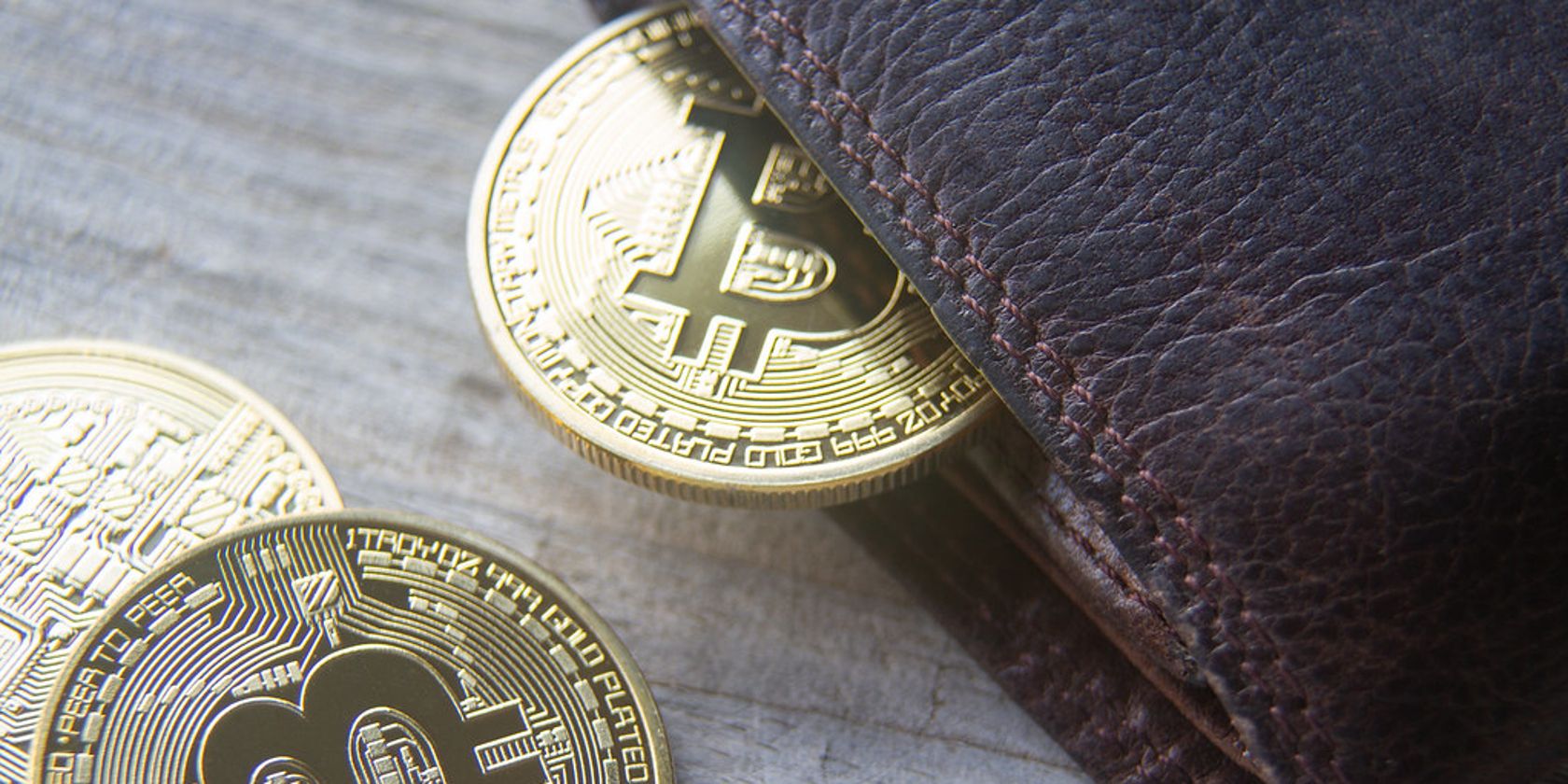Crypto airdrops are a great way to get your hands on free tokens, and also give crypto projects a way to promote themselves. But the lure of free assets can work in favor of cybercriminals who use fake airdrops to scam victims. So how can you spot and avoid a crypto airdrop scam?
What is a Crypto Airdrop Scam?
A crypto airdrop is often used as a marketing tactic by crypto and DeFi platforms. When starting a new crypto project, it can be difficult to gather interest among traders and investors as there is a lot of competition out there. Using an air dropper can help tackle this challenge.
A typical crypto airdrop involves distributing tokens, for free, as a way to promote a project or asset. By giving people an initial holding of a given crypto, the chances of them using it in trading, growing to like it, and even talking to other traders tend to increase. These airdrops usually take place on a wide scale so that many individuals can get a portion of tokens.
So, you can get free crypto tokens through airdrops. These tokens are often fairly new and don’t have a very high price point, but that could certainly change in the future if the asset gains hype.
But cybercriminals are all too aware of how attractive airdrops can be, so it’s no surprise that airdrop scams have become alarmingly common in the crypto space.
A crypto airdrop scam is pretty basic in terms of scam complexity. Most of these scams involve promoting a fake crypto airdrop that involves either a made-up token or a pre-existing token (since familiarity can go a long way when luring in victims). Of course, no real signs are given here.
When a potential victim sees this fake airdrop, there’s a good chance they’re unaware of its malicious background. If they are interested in claiming the free tokens, they might not think twice about signing up for the airdrop.
Unfortunately, signing up doesn’t just involve entering your name or email address. To receive funds in an airdrop, you must provide your crypto wallet address. A public crypto address is not very risky to share, but it does highlight your wallet and the money it contains.
Additionally, more nefarious scams may also ask for your wallet’s private key. Under no circumstances should you share your private key, but not everyone knows that. Basically, your private key is used to authorize transactions from your wallet. So, if an attacker gets their hands on yours, it could only take them minutes to drain your wallet of its funds.
This is also known as airdrop phishing, as it is a tactic used to steal important credentials. Several crypto airdrop scams have occurred in the past, including a series of scams regarding the Arbitrum token (ARB). Crypto Potato reported that the Arbitrum DAO has identified 273 phishing sites being used to capitalize on the upcoming March 2023 ARB crypto airdrop.
How to spot and avoid Airdrop scams
Apparently, crypto airdrop scams are dangerous. But there are some things you can do and be careful to stay away from.
1. Research the sign
Some airdrop scams use well-established tokens to create an air of legitimacy, but others may use tokens you’ve never heard of before. Either way, it’s important to research the token before signing up for any airdrop.
By doing this, you can determine if the said sign is real, or if there is an airdrop going on at all if it already exists. Be sure to check the official websites and social media pages of the project issuing the tokens to see if any announcements have been made about an airdrop.
If you find that the company offering the airdrop does not exist, or has an extremely small online footprint (ie no social media or not many followers, no official website, no reviews), you should be careful. Also, if you can’t find any evidence of an airdrop on the official accounts or websites of the tokens being dropped, avoid the site that claims to be holding the airdrop, as it is likely malicious.
2. Be Protective of Your Data
When it comes to signing up for giveaways, contests, airdrops, or anything else in the crypto realm, it’s crucial that you don’t give away highly sensitive information. Cybercriminals often target private data because it’s usually what gives them access to exchange accounts, wallets and more.
Unfortunately, your email address alone can be used to hack certain crypto accounts, and it’s hard to avoid giving out this kind of general information when signing up for things. But there are certain pieces of data you should never give.
When it comes to crypto, it is extremely important that you do not share your private key or your seed phrase. Additionally, providing login credentials can be a crucial mistake as it can give a cybercriminal access to your crypto-based accounts.
3. Look for signs of a malicious website
Because airdrop scams involve using malicious sites for login, it’s worth knowing how to avoid them.
Malicious sites can be very convincing, but often have telltale signs you can pick up on, including:
A broken or shortened URL. Poor spelling and grammar. A young domain age. Frequent crashes. No secure lock icon next to URL.
Watch for these red flags when you’re on a crypto airdrop website.
4. Don’t send your own crypto
Did an airdrop you encountered ask you to send a small transfer of crypto to receive your tokens? If so, stay away.
Under no circumstances should an airdrop ever require you to send a possession of your own assets. An airdrop scam involves distributing free tokens, so there should be no reason why a project needs any of your crypto in return, since at that point it becomes transactional.
Cybercriminals will request a small amount of your crypto to directly scam you out of funds, and may use excuses such as wallet verification, security deposit, or otherwise. But whatever the reason, that’s not what constitutes a legitimate airdrop.
Crypto Airdrop scams can be surprisingly convincing
It can be all too easy for cybercriminals to build highly sophisticated and convincing scams. This is why it is important that you know what steps to take before participating in a crypto airdrop so that you can protect your data and your assets.
Disclaimer for Uncirculars, with a Touch of Personality:
While we love diving into the exciting world of crypto here at Uncirculars, remember that this post, and all our content, is purely for your information and exploration. Think of it as your crypto compass, pointing you in the right direction to do your own research and make informed decisions.
No legal, tax, investment, or financial advice should be inferred from these pixels. We’re not fortune tellers or stockbrokers, just passionate crypto enthusiasts sharing our knowledge.
And just like that rollercoaster ride in your favorite DeFi protocol, past performance isn’t a guarantee of future thrills. The value of crypto assets can be as unpredictable as a moon landing, so buckle up and do your due diligence before taking the plunge.
Ultimately, any crypto adventure you embark on is yours alone. We’re just happy to be your crypto companion, cheering you on from the sidelines (and maybe sharing some snacks along the way). So research, explore, and remember, with a little knowledge and a lot of curiosity, you can navigate the crypto cosmos like a pro!
UnCirculars – Cutting through the noise, delivering unbiased crypto news


















